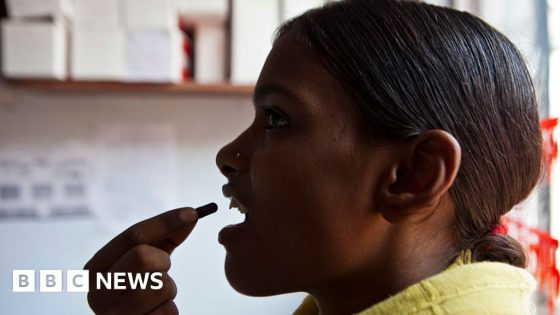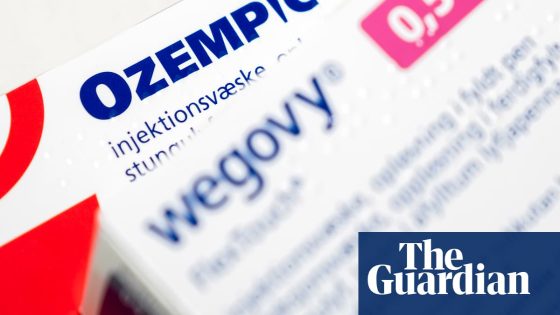Antibiotic resistance is a growing health crisis, with serious implications for global health. A recent study highlights the alarming paradox: while antibiotics are overused, many patients still lack access to these life-saving drugs. On June 2, 2025, the Global Antibiotic Research and Development Partnership (GARDP) revealed that only 6.9% of patients with carbapenem-resistant Gram-negative infections received appropriate treatment in low- and middle-income countries.
- Antibiotic overuse leads to superbug resistance.
- Many patients lack access to necessary antibiotics.
- India faces high burden of drug-resistant infections.
- Cost and healthcare access hinder treatment efforts.
- Stronger regulations needed to prevent misuse.
- Innovative models can improve antibiotic access.
This study examined nearly 1.5 million cases across countries like India, Brazil, and South Africa, where superbugs thrive. India, in particular, accounted for 80% of the cases but managed to treat only 7.8% of its patients. The irony is clear: while the world fights antibiotic overuse, people are dying from treatable infections due to a lack of access.
How can we address this critical issue? The study indicates that weak health systems and high costs are major barriers. To combat antibiotic resistance effectively, we must ensure that those who need antibiotics can access them without contributing to overuse. Consider these recommendations:
- Advocate for affordable antibiotic pricing.
- Support stronger regulations on antibiotic prescriptions.
- Encourage accurate diagnostic testing to ensure appropriate treatment.
- Promote awareness about the responsible use of antibiotics.
As we move forward, it is essential to prioritize both access to antibiotics and responsible usage. By addressing these challenges, we can safeguard modern medicine and protect vulnerable populations from preventable deaths.

































